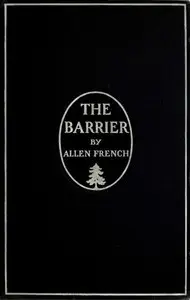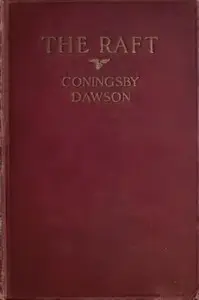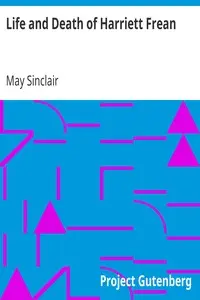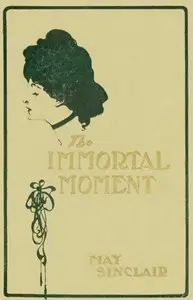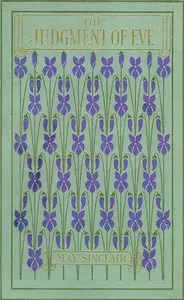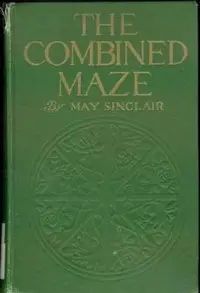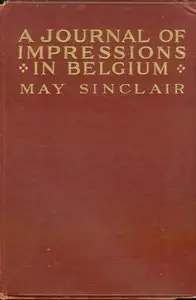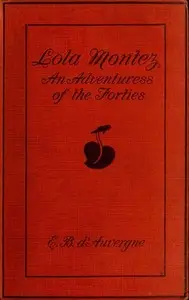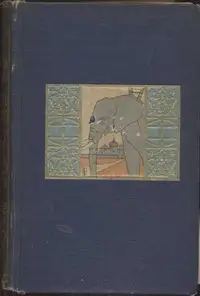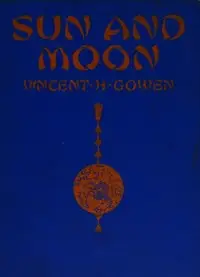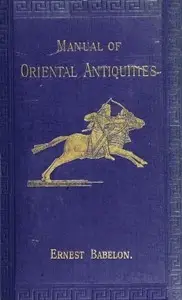"The Belfry" by May Sinclair is a story about complicated relationships, personal goals, and how people connect with each other. It mainly follows James Tasker Jevons, a journalist who wants to be successful, and Viola Thesiger, a young woman who wants to live her life on her own terms. The book starts by showing Jevons’ early days as a reporter, which gives hints about competition and wanting to get ahead. We also meet Viola, and the writer shows how Jevons' life changes when she shows up along with his emotions. Their relationship is interesting because of how they both want to achieve things, and it also shows the conflicts between trying to follow your own dreams and dealing with what your family and community expect. The past is mentioned at the beginning, setting the stage for more drama later on.

The Belfry
By May Sinclair
In a world driven by ambition and societal expectations, a young aspiring journalist finds his life intertwined with a fiercely independent woman, leading them both down a path of unexpected emotional entanglements and personal awakenings.
Summary
About the AuthorMay Sinclair was the pseudonym of Mary Amelia St. Clair, a popular British writer who wrote about two dozen novels, short stories and poetry. She was an active suffragist, and member of the Woman Writers' Suffrage League. She once dressed up as a demure, rebel Jane Austen for a suffrage fundraising event. Sinclair was also a significant critic in the area of modernist poetry and prose, and she is attributed with first using the term 'stream of consciousness' in a literary context, when reviewing the first volumes of Dorothy Richardson's novel sequence Pilgrimage (1915–1967), in The Egoist, April 1918.
May Sinclair was the pseudonym of Mary Amelia St. Clair, a popular British writer who wrote about two dozen novels, short stories and poetry. She was an active suffragist, and member of the Woman Writers' Suffrage League. She once dressed up as a demure, rebel Jane Austen for a suffrage fundraising event. Sinclair was also a significant critic in the area of modernist poetry and prose, and she is attributed with first using the term 'stream of consciousness' in a literary context, when reviewing the first volumes of Dorothy Richardson's novel sequence Pilgrimage (1915–1967), in The Egoist, April 1918.


